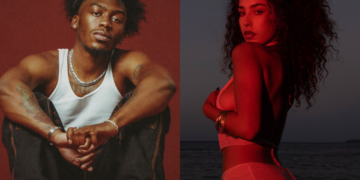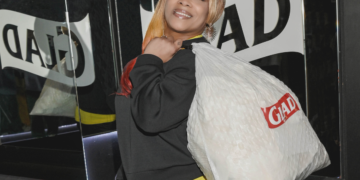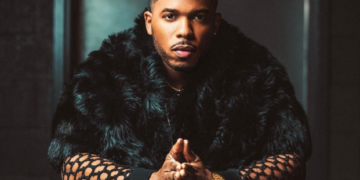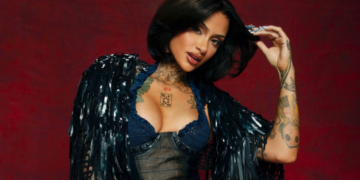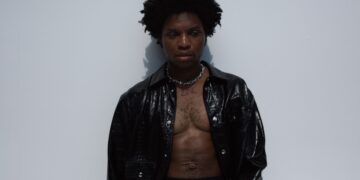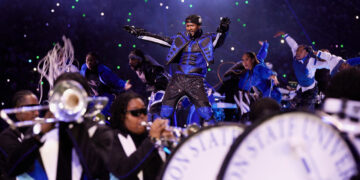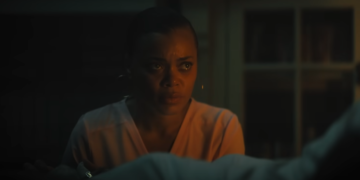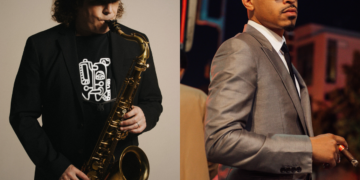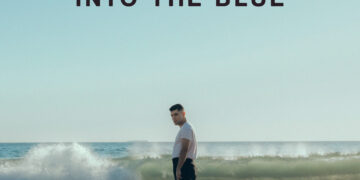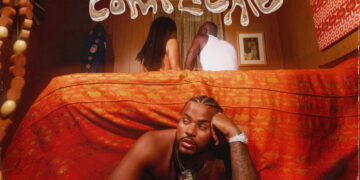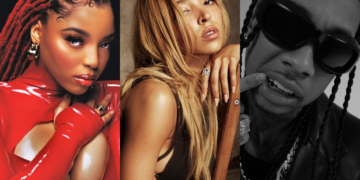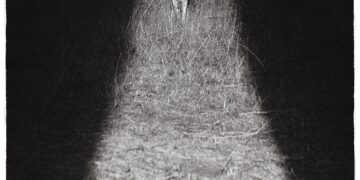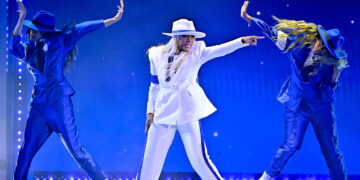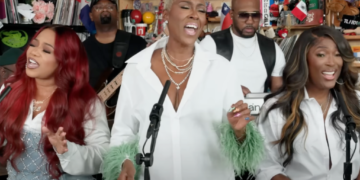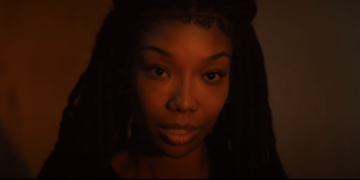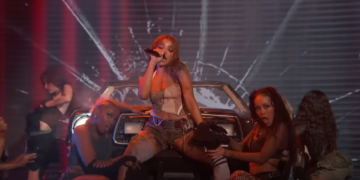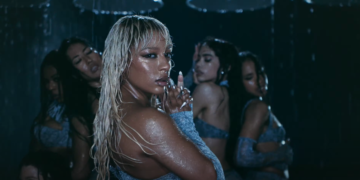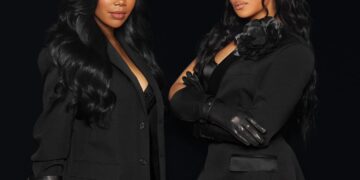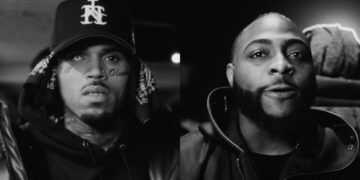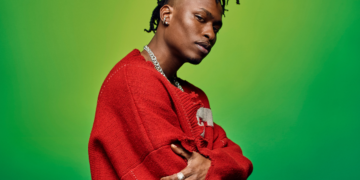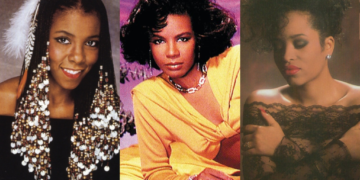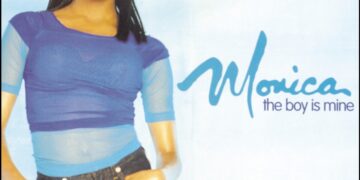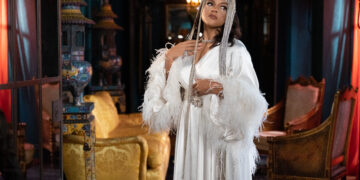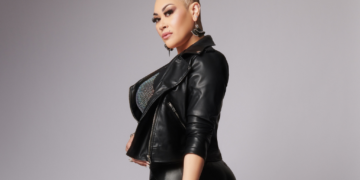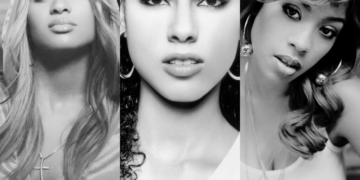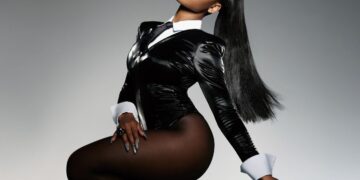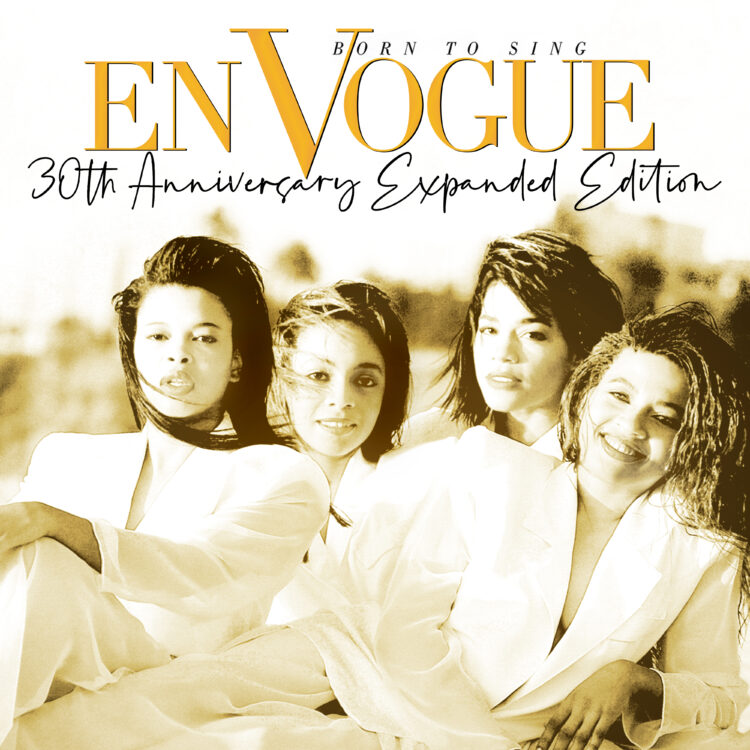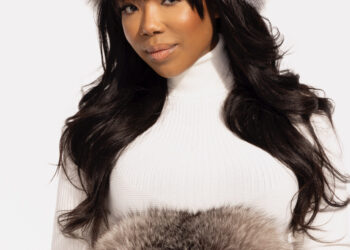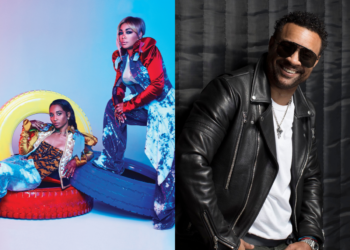When it comes to iconic female R&B groups of the ‘90s, En Vogue tops the list.
The sophisticated quartet’s — Cindy Herron, Dawn Robinson, Maxine Jones and Terry Ellis — early start in that decade would later break barriers and set the standard for female vocal groups.
On April 3, 1990, En Vogue released their debut album Born to Sing via East West/Atlantic Records. Packed with powerful vocals and positive narratives for young women to embrace, the album set En Vogue on a path to success for years to come.
Born to Sing peaked at No. 3 on Billboard’s R&B Albums Chart and was certified platinum later that fall. The album spawned three number-one singles on Billboard’s Hot R&B Songs Chart: “Lies,” “You Don’t Have to Worry” and “Hold On.” The latter tune was the album’s most successful single, also peaking at No. 2 on the Billboard Hot 100.
In addition, the critically-acclaimed album scored the group numerous honors, including a Billboard Music Award (Top R&B Single for “Hold On) and a Soul Train Award (Best R&B/Soul Single Group, Band or Duo for “Hold On”), as well as a Grammy nomination for Best R&B Performance Duo or Group with Vocal (Born to Sing).
To commemorate their album anniversary, En Vogue has released Born to Sing: 30th Anniversary Expanded Edition. The 21-track collection includes a remastered version of the album, plus a selection of mixes. It also features a rare track called “Mover,” which was a rare Japanese-only B-side.
In celebration of En Vogue’s 30th anniversary of Born to Sing, Rated R&B caught up with founding member Cindy Herron-Braggs. In our conversation, Herron-Braggs shares some stories behind recording the album, reflects on the group’s legacy and updates fans on what’s in store for En Vogue.
Let’s start with the intro track, “Party.” It’s fun and lighthearted, yet exudes a level of confidence that is inspiring when it comes to demanding respect. Do you have any memories of recording that skit?
Oh my goodness! We were just in the studio having fun. We thought these little inserts would make it interesting and kind of give you a little bit of insight into the personalities beyond the music. We were always in the studio laughing, losing our composure and being silly.
The album’s lead single “Hold On” ultimately became one of En Vogue’s signature hits. How would you describe those early studio sessions?
We would get together in the studio. Our producers Denzel Foster and Thomas McElroy would work on music tracks amongst themselves. We’d get together, listen to the tracks and kind of discuss what direction we wanted to go. We would talk about the message we wanted to convey. Then, we would sort of have writing sessions amongst ourselves. I would kind of liken it to a writer’s workshop. We would develop ideas about the direction, write lyrics and just all have our input. We would spend several hours every day doing that and we’d work on harmonies. We kept what we thought worked and tossed out what we thought didn’t work. In between all that was a lot joking, laughing and being silly. [laughs]
All four members of En Vogue were heavily involved in the writing process for the album. Having some sort of creative control as a new act back then was rare — especially for a debut album. What can you say about that?
Yes and that was because our producers extended that to us. They didn’t have to. They didn’t need us to write with them because they already had some success and hits to their credits. They always had great respect for women — as we saw with their moms and their sisters. They just wanted to be fair and allow us to do the writing. We really appreciated that opportunity. It was a great learning experience for us. They really wanted us to understand the business and the music industry. Those were some important foundations they wanted to lay for us. Looking back, I appreciate it because a lot of artists don’t get to have a say-so or do any writing, especially on their debut project.
The label was hesitant about releasing “Hold On” as a single. What convinced them to finally give it a chance? Was there added pressure to prove the label wrong by making sure the song became a success?
Well, what convinced them was our producers went to bat with them and fought really hard for that to be the single. At the time, the label didn’t feel like it was a radio single because radio songs didn’t start with an acapella beginning. We all believed in it so strongly and our producers were the ones who went to fight and convinced them that this could be a radio single. And no, I think none of us had any doubt that if [the label] would at least take a chance on the song that it wouldn’t do well.
When you were recording “Hold On” did you have any indication that it was going to be the group’s first single?
Nope. I didn’t know it yet because we had so many great songs. I had no idea. We just recorded everything, then listened to everything. We took a step back and agreed that it should be the first single. It could have been any one of those songs but we all agreed that it was the one.
Were there any songs from the Born to Sing sessions that didn’t make the cut but could’ve been a great addition to the album?
There was nothing that I can remember that we recorded that didn’t make it on the album.
One deep cut from the album that hits home today, especially during this unprecedented time is “Part of Me.” Lyrics like, “Whenever I lay my head to sleep / There’s a strong thought that keeps haunting my mind” and “Some fear for the world / With all the grief and misery / How much real-time is there,” kind of describe how a lot of people feel right now. What was the inspiration for that song at the time?
I think that the idea of the song was our producers’. They wanted to have a song that just took a moment to realize how we are all connected, how we all have to look out for each other and how to convey a certain sense of altruism. I think that was really the intent of that song; it’s one of my favorites on the album for that reason.
A rare b-side “Mover” is included on the anniversary edition. The song shines another light on the group’s flawless vocals over a simplified finger-snapping production. What do you believe is so special about this song to be included on the updated album?
[Laughs] I’m trying to remember that because we didn’t record that at the time. That was recorded later and it was recorded — if I remember correctly — and then used as a cell phone jingle in Japan. We recorded the whole song. That’s what I remember about that song. That’s all I remember to be honest. We had the offer to go in and record it and we did it and then we submitted it and it was used and really after that, I had forgotten about that song until it was decided that it would go on the remix of the Born to Sing.
What do you think has been the key to En Vogue’s longevity?
I think one of the keys is we had a debut that album hit. The first single hit. It was a good single and it was a great club song and not just that but the video — when you add the visuals of the song it makes it more memorable. The other thing is because the album hit like it did and it was so well-received it became the soundtrack to so many lives on so many different levels. You add the memories of the video, the memories of what was going on in the lives of so many people at that time and I think it just makes it very memorable.
What do you remember most about filming the video for “Hold On”?
It was so exciting to be doing our first video. I think the wardrobe we were supposed to wear in the video were these suit pants and jackets but I think something happened and it didn’t arrive. For some reason it didn’t work out, so we had these little simple black dresses as a backup and we ended up wearing those instead. I remember our director, he was a young guy fresh out of film school. I think this was his first music video and I don’t think it was a big budget. I think it was a very small budget. I remember Djimon [Hounsou] the actor — he was the guy with the horn. I remember the dancers. Everyone was just excited to be part of it and we had no idea that the video would come out so great and sort of set a new standard. I know that once that video came out, young women everywhere had a little black dress. [laughs]
Any final thoughts regarding the 30th anniversary of Born to Sing?
We are really grateful. Here we are 30 years later celebrating, we are still able to do what we love to do. We’re really grateful that our fans continue to support us and we are grateful for anybody who has sort of been on this journey for us. Hopefully, we will be doing this for another 30 years.
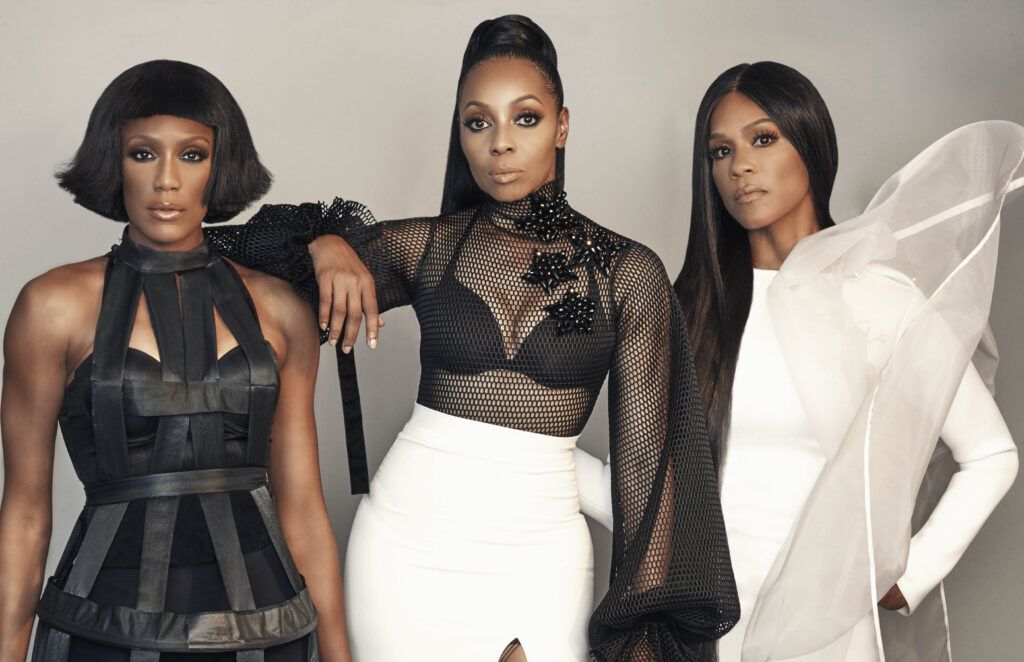
On another note, we know En Vogue released an album in 2018 [Electric Café]. Are there any plans for new music or anything else fans can expect soon?
We’ve been discussing maybe recording two or three singles and releasing those hopefully later this year — maybe in the fall. Also, we do have a new podcast called The Funky Divas Podcast. It’s commemorating our 30th year…we’ll be celebrating, discussing and sharing stories. We’ll be interviewing people that were part of the journey along the way, as well.
Stream En Vogue’s Born to Sing (30th Anniversary Expanded Edition) below.

